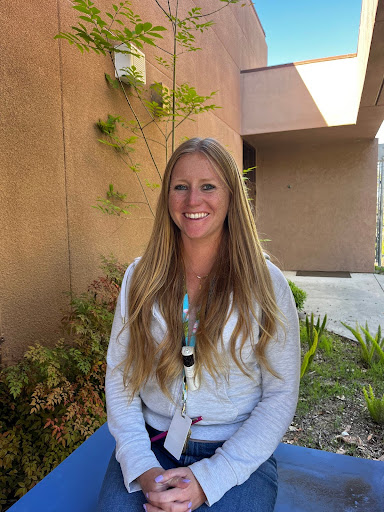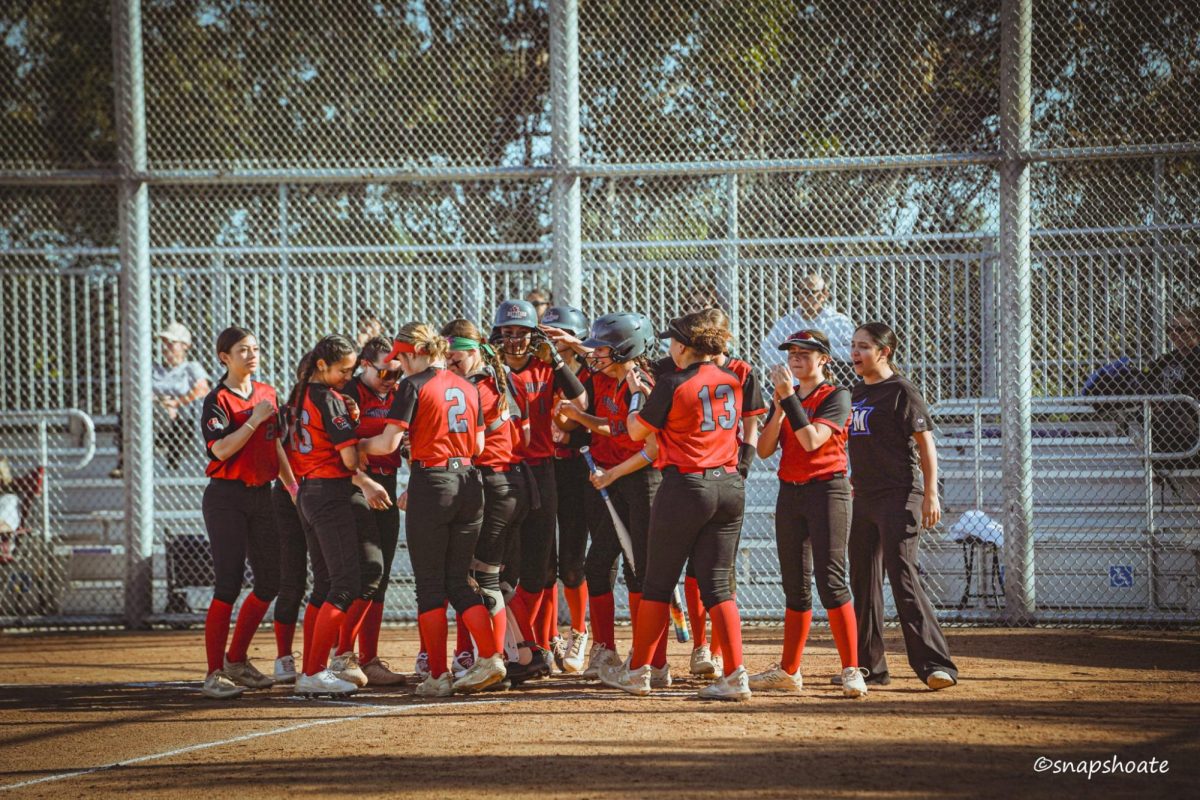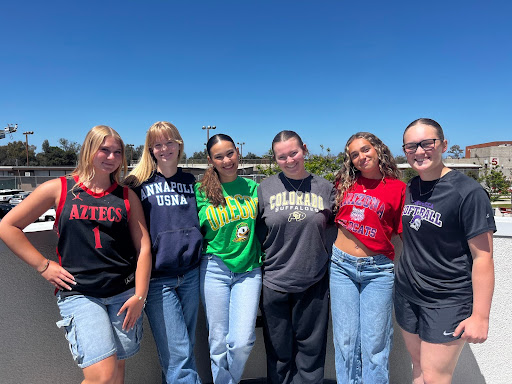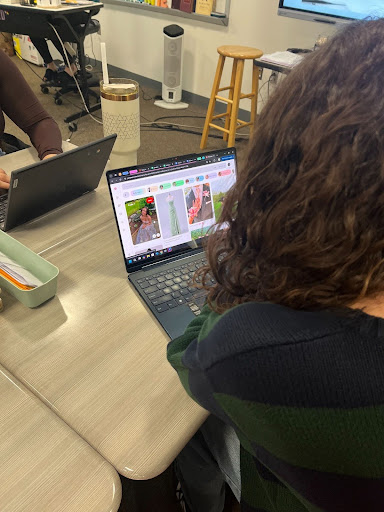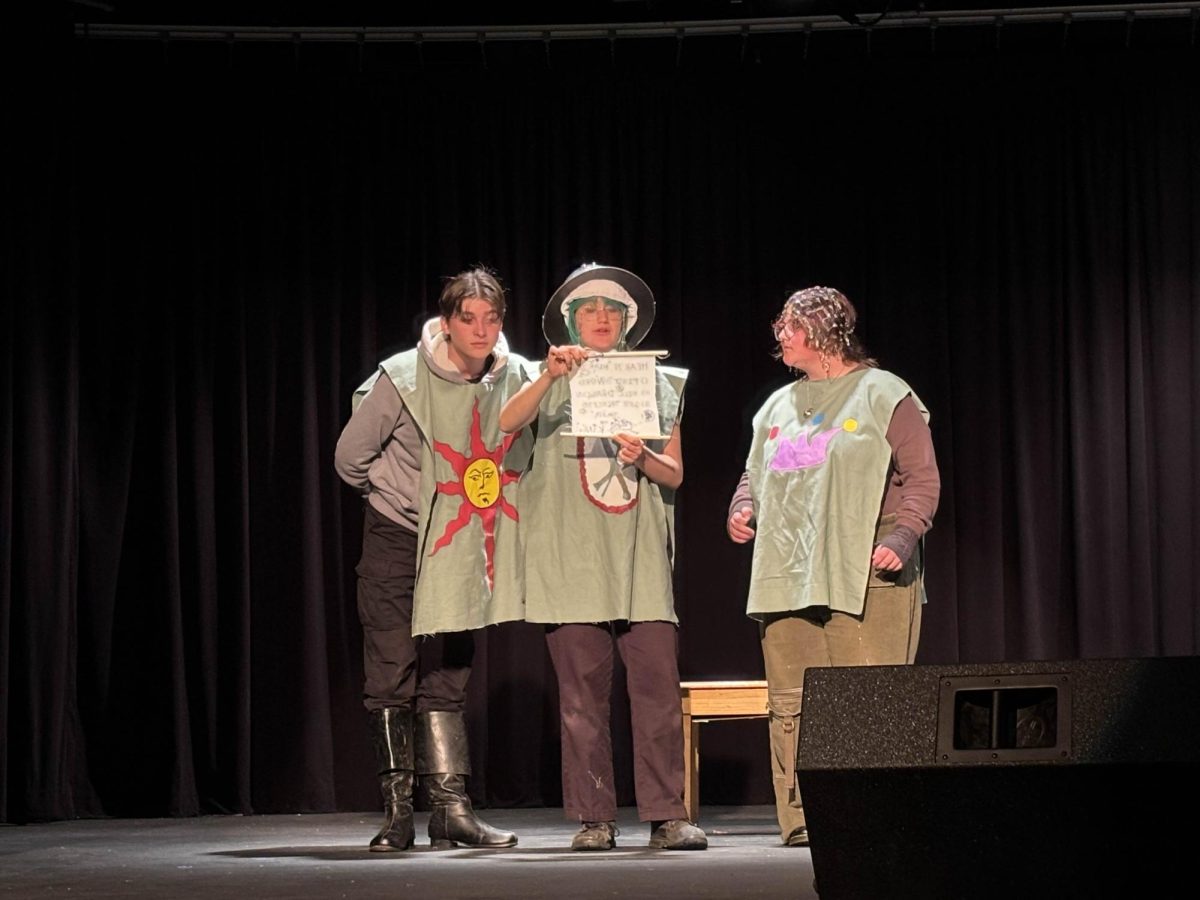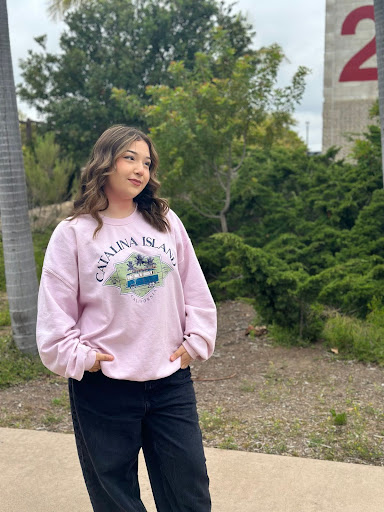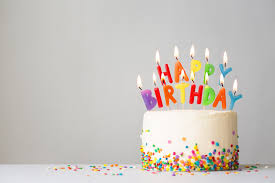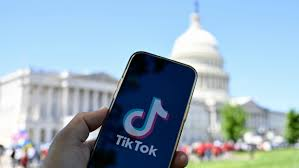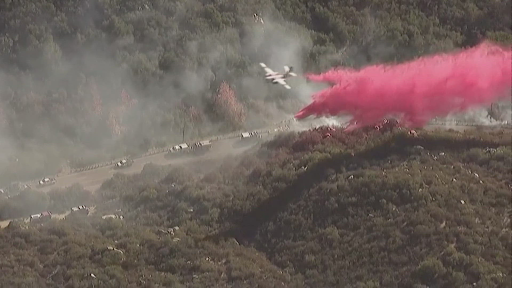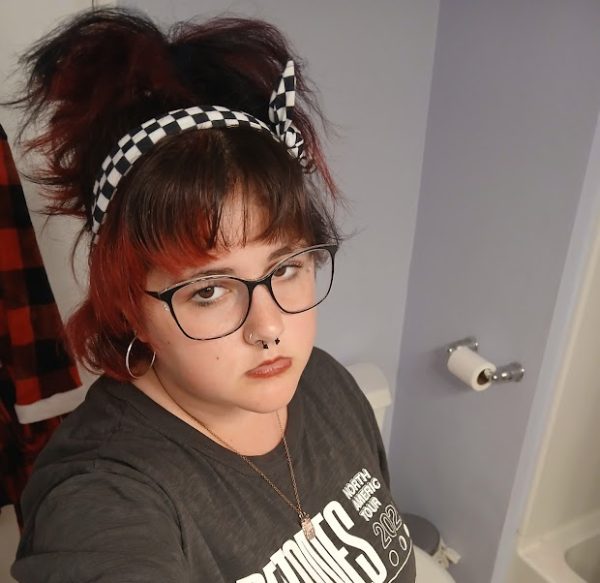Pope Francis, aged 88, died on Easter Monday following a stroke that led to a coma and ultimately heart failure. He had been suffering from chronic lung disease and had recently spent 38 days hospitalized with respiratory complications, including double pneumonia.

So, what does this mean for the Catholic Church?
The last papal election occurred 12 years ago, and the process of choosing a new pope now begins again through a centuries-old tradition known as a conclave.
A conclave is a highly secretive gathering where cardinals (senior members of the Church) from around the world assemble in the Sistine Chapel to elect the next pope. This process typically begins 15 to 20 days after the death of the pope and can last indefinitely. The longest conclave in history lasted nearly three years, from November 1268 to September 1271, after the death of Pope Clement IV.
The Vatican has announced that the conclave will begin on May 7th, and is predicted to not last long, potentially only 2 or 3 days. Cardinal Louis Raphael Sako says he expects a “short conclave.”
Others are less sure of the outcome of this conclave, such as Rev. Patrick Flanagan, who said, “People are taking bets on who he’s going to be, how long the conclave is going to be, what his name is going to be, but I have no idea.”
The Legacy He Leaves Behind
Born Jorge Mario Bergoglio in Argentina, Pope Francis made history in 2013 as the first Jesuit pope, the first from the Americas, and the first non-European pontiff in over 1,200 years. His term as the pope focused on social justice and compassion towards all. He became a global voice for morality, advocating for migrants, the poor, and the environment as well as calling for modern reforms within the Church.
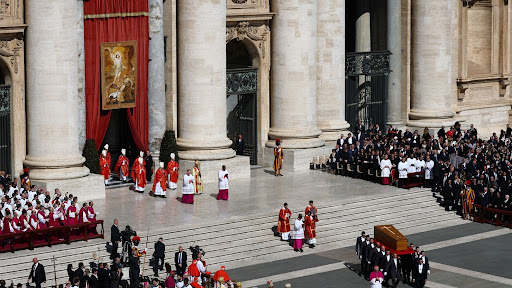
Francis worked to soften the Church’s tone on historically controversial issues such as LGBTQ+ inclusion and divorce, though he often walked a fine line between tradition and change. Admirers saw him as a pastor to the world, but critics accused him of either moving too quickly, or not quickly enough.
Nonetheless, his legacy is one of social change and outreach to the marginalized communities.
What Comes Next?
As the Church prepares to elect its next leader, attention has turned to potential successors who could either carry on Francis’s legacy or take the Church in a new direction.
While papal elections are famously unpredictable, a few names have emerged as frontrunners:
- Cardinal Pietro Parolin, the Vatican’s Secretary of State, is a seasoned diplomat with extensive experience in Church governance.
- Cardinal Luis Antonio Tagle of the Philippines is beloved among progressive circles and could energize the Church’s growing base in Asia.
- Cardinal Peter Turkson of Ghana, admired for his leadership on climate and social justice, could become the first African pope in modern history.
- Cardinal Matteo Zuppi, Archbishop of Bologna, is a close ally of Francis with a strong track record in peacebuilding and community outreach.
- Cardinal Pierbattista Pizzaballa: The Vatican’s top official for Middle East affairs, with experience in one of the world’s most heated conflict zones.
Many online are half-jokingly hoping for Pizzaballa to become pope, as his name literally means “Pizza Dance”, which is admittedly, pretty funny.
Whoever is chosen will face the immense challenge of leading a diverse and global Church through an era marked by political division, cultural shifts, and spiritual searching. The coming conclave is more than a ritual; it’s a turning point for one of the world’s longest standing institutions.

